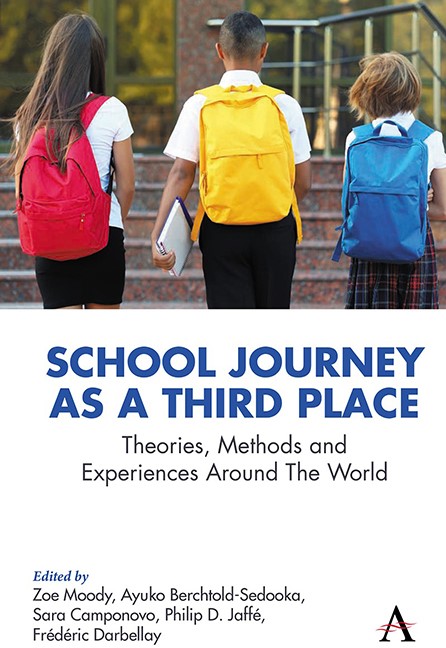Chapter 11 - Thinking about Ableism and Third Place to Understand and Improve the School Journeys of Disabled Children and Their Families
Published online by Cambridge University Press: 14 November 2023
Summary
Introduction
While scholars in Canada and around the world have given more attention to children’s school journeys over the past 30 years, the school travel experiences of disabled children and their families have remained mostly ignored. The inattention to disability within the school travel literature (see Ross and Buliung 2018) is disconcerting given that trips to and from school can produce remarkably difficult, inequitable and exclusionary experiences for some of the world’s estimated 120–150 million disabled children under 18 years of age (World Health Organization and World Bank 2011). Barriers impeding disabled children’s school journeys often add to and exacerbate other challenges they face within their education systems. Across Canada’s education system, for example, more than one in four people with disabilities have reported disability-focused bullying and, likewise, more than one in four have reported being avoided or socially excluded (Canadian Human Rights Commission (CHRC) 2017). These and other challenges within Canada’s education system have contributed to disabled people having lower levels of educational attainment. For example, in Canada, the range of people without disabilities reporting ‘below high school’ as their highest educational attainment is 15–33%, while the range for disabled people reporting this is 25–40% (CHRC 2017). This education gap has contributed to disabled people having fewer career options, experiencing under-employment, and having to deal with a disability wage gap (CHRC 2017).
Given what is known about disabled people’s educational barriers and outcomes, and, as shown in this chapter, barriers that impede their school journeys, it is vexing that the school travel literature has largely ignored experiences of childhood disability. Disabled children are widely acknowledged as having a right to equal access to education. This is evidenced by international agreements (e.g. the 2007 United Nations (UN) Convention on the Rights of Persons with Disabilities; the 1989 UN Convention on the Rights of the Child), legislation (e.g. the United States’ 2004 Individuals with Disabilities Education Improvement Act; Australia’s 1992 Disability Discrimination Act; Canada’s 1982 Canadian Charter of Rights and Freedoms) and the widespread shift towards inclusive education throughout much of West that has been unfolding since the 1960s (e.g. mainstreaming/integration; Graves and Tracy 1998).
- Type
- Chapter
- Information
- School Journey as a Third PlaceTheories, Methods and Experiences around the World, pp. 239 - 258Publisher: Anthem PressPrint publication year: 2023



